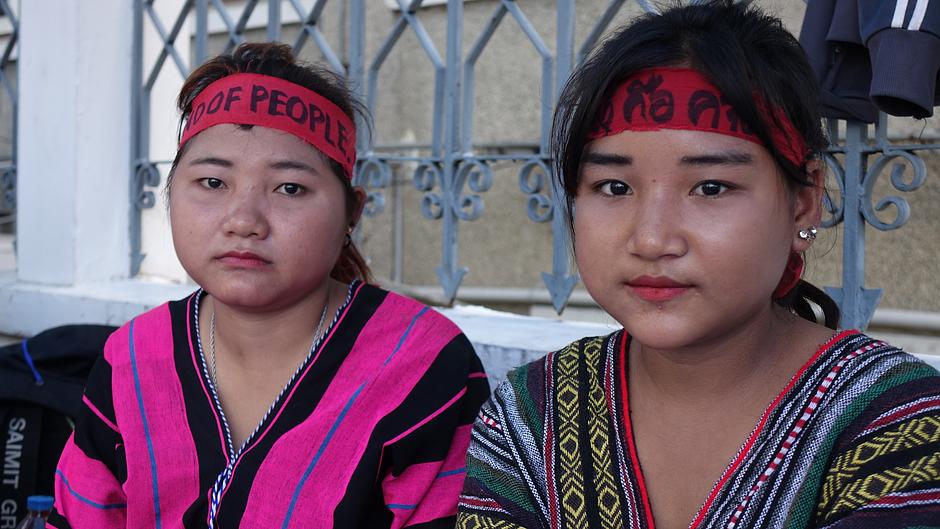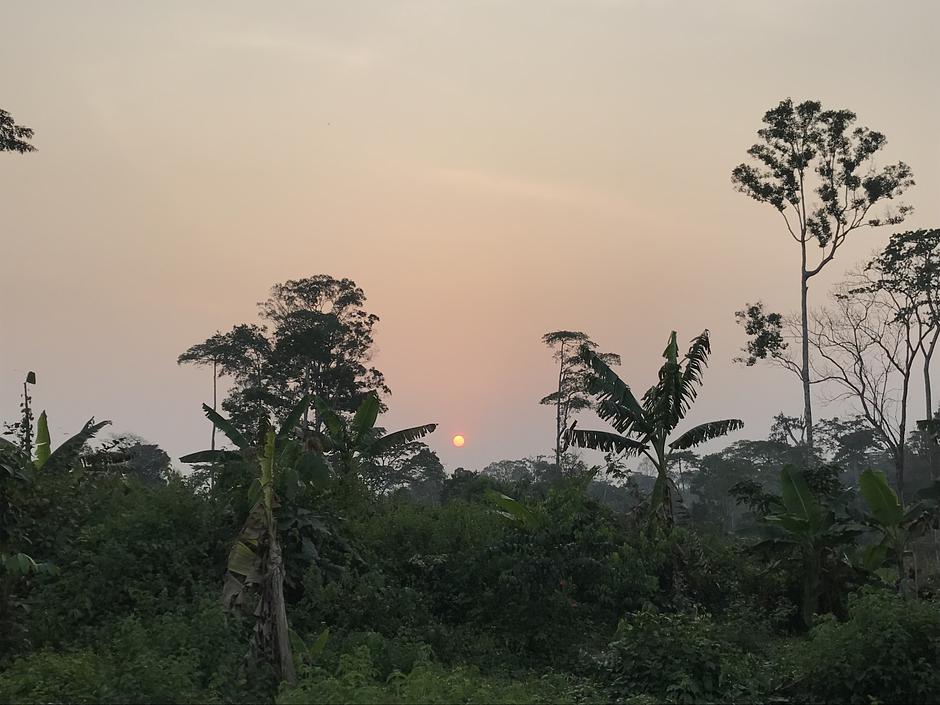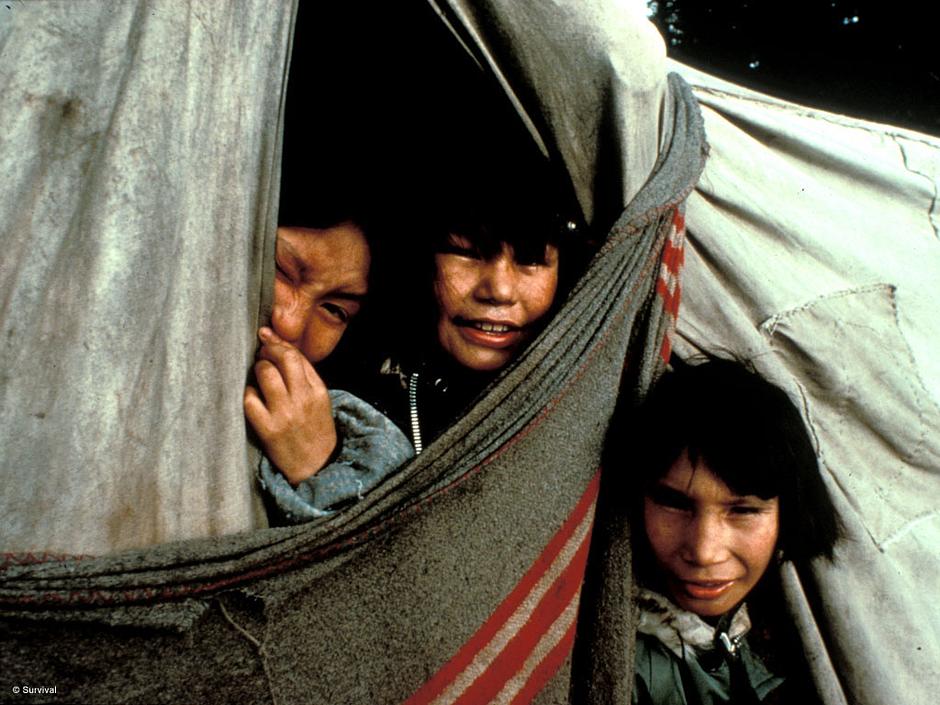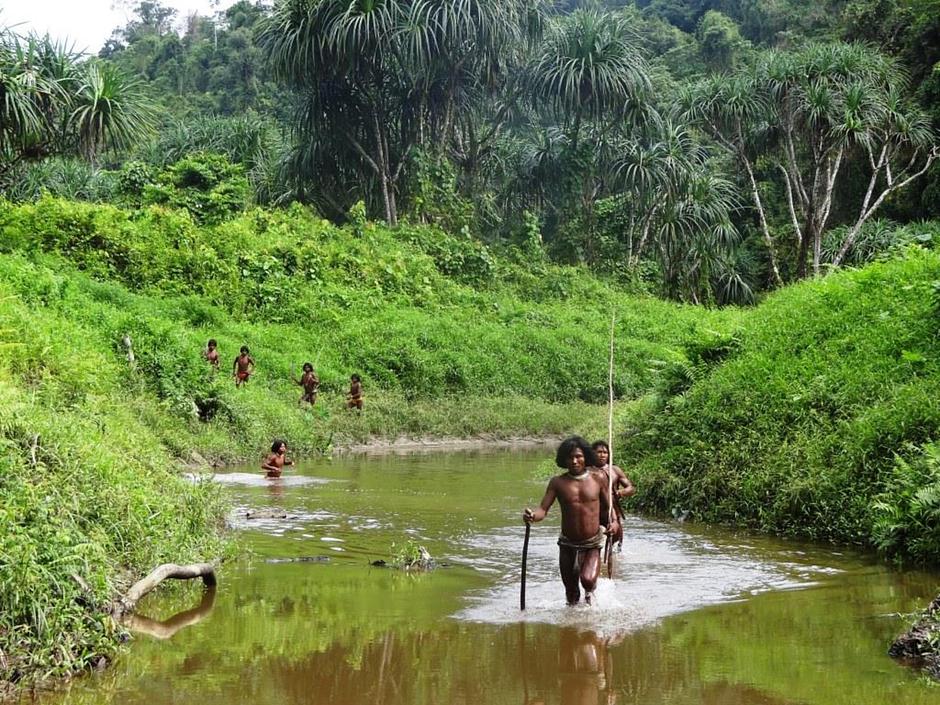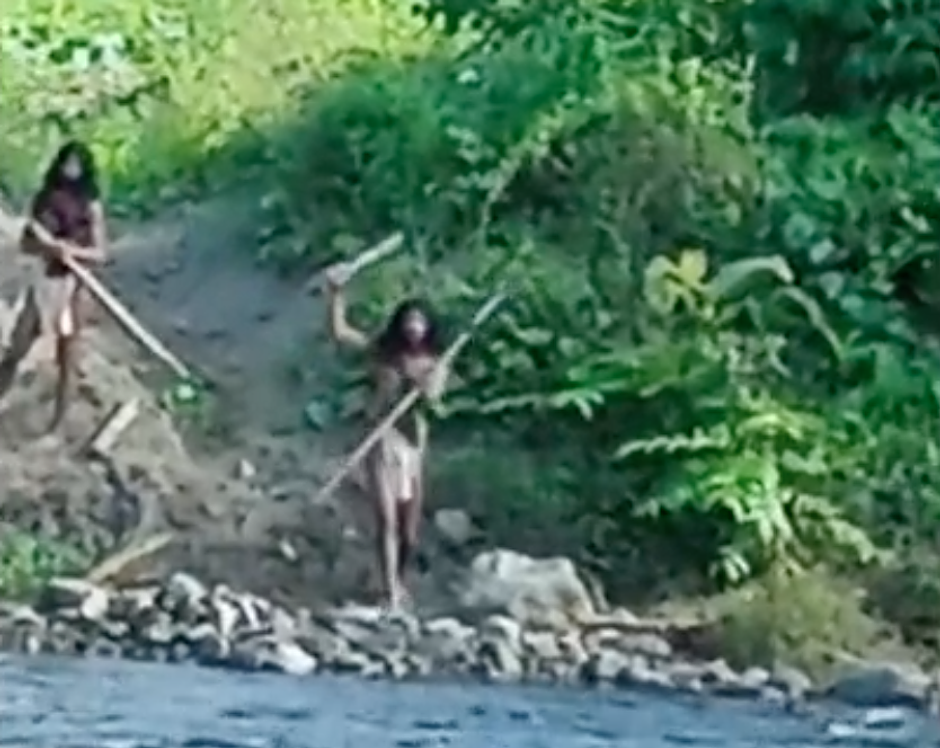'Their cities are full of big houses filled with piles of goods, but they don’t share'
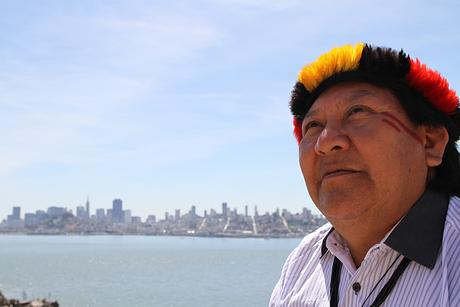
Davi Kopenawa Yanomami is a shaman and a leader of the Yanomami people, known as “The Dalai Lama of the rainforest.” He has spent his life passionately and determinedly defending his people and their land and speaking out against the destruction of the Amazon. For this important work, he, together with the Yanomami organization Hutukara was awarded the Right Livelihood Award 2019, known as the “Alternative Nobel Prize.”
Below is an extract from his book, The Falling Sky, in which Davi explains that the Yanomami have a very different attitude to material possessions and manufactured goods, which Davi calls “merchandise.”
The Yanomami think it’s greedy and stupid to hoard loads of stuff: if you have something that someone else needs, why not share?
We do not appreciate misers…I only think about merchandise to hand it out. If I possessed as much of it as the people of the cities, I would give it to everyone who asked, telling them: “It is yours, take it and be satisfied! I only make it in such great quantities to share it widely!”
But the white people are other people than us… they possess a great number of machines and factories. Yet that still isn’t enough for them. Their thought remains constantly attached to their merchandise. They make it relentlessly and always desire new goods.
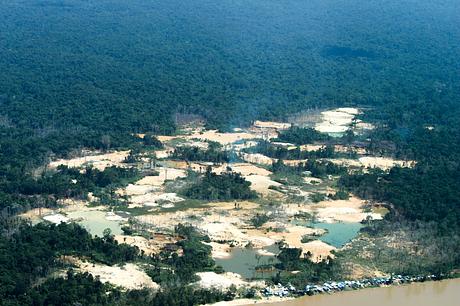 © FUNAI
© FUNAI“An
…I fear that this euphoria of merchandise will have no end and that they will entangle themselves with it to the point of chaos. They are already constantly killing each other for money in their cities and fighting other people for minerals and oil they take from the ground.
But they do not seem concerned that they are making us all perish with the epidemic fumes that escape from all these things. They do not think that they are spoiling the earth and the sky and that they will never be able to recreate new ones.
Their cities are full of big houses filled with piles of innumerable goods, but their elders never give them to anyone. If they were really great men, shouldn’t they tell themselves that it would be wise to distribute them all before they make so many more? But this never happens!
…On the contrary, they are used to greedily hoarding their goods and keeping them locked up…They live in constant fear that it could be stolen… they probably tell themselves: “I am part of the people of merchandise and factories! I possess all these things alone! I am so clever! I am an important man, a rich man!”
…The same is true of their food, which they constantly pile up in their houses. If we ask for some of it, they never accept to give anything without making us work hard for it. As for us, we are not people who are in the habit of refusing food to our visitors! When our gardens abound with manioc and bananas, we smoke a great quantity of game and invite the people of neighboring houses to a reahu feast in order to satisfy their hunger.
The white people’s food does not have as high a value as they claim! Like ours, it only disappears as soon as it is eaten to be transformed into excrement! Their merchandise is also not as precious as they say. It is only their great fear of lacking it that makes them weigh down its value.
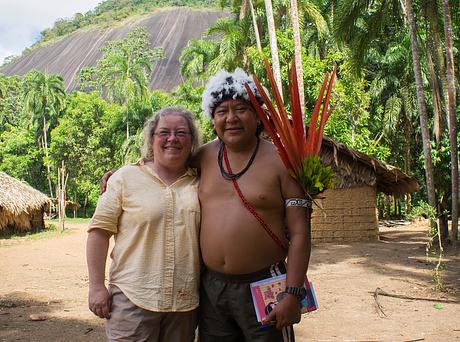
“Davi
…We people of the forest… possess few things, and we are satisfied with that. We do not want to store great quantities of trade goods in our homes. It would tangle up our minds. We would become too much like the white people. We would constantly be concerned about merchandise: “Awé! I want this object! I also desire this one, and that one, and also this other one!” It would have no end!
So keeping so little of it at our side is enough for us. We do not want to tear the minerals out of the earth nor make their epidemic fumes fall back on us. We just want the forest to remain silent and the sky to be clear so that we can see the stars when night falls.
The white people already have more than enough metal to make their merchandise and their machines; land to plant their food; cloth to cover themselves; cars and airplanes to move in. Yet now they covet the metal of our forest to make even more of these things though their factories’ foul breath is already spreading everywhere… its darkness may descend to our houses so that the children of our children will stop seeing the sun.
This extract has been edited for length.


